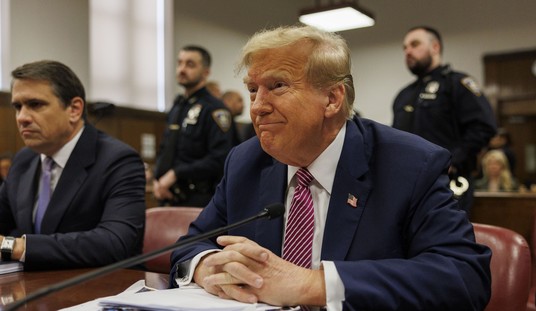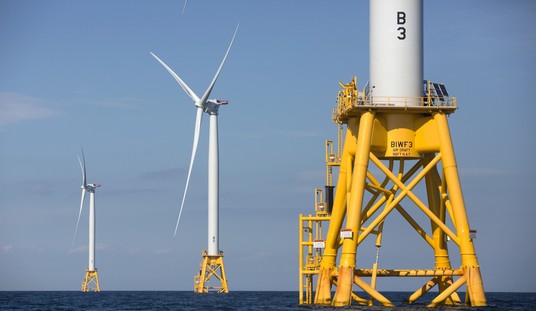 Despite the “ceasefire” between Russia and Georgia, Russian forces have cut the country in half. Even if Russia actually kept its troops in place without mischievously moving them around, they would effectively disrupt Georgian national life and relegate its remnants to a kind of rump state. The chief problem facing Saakashvili is that he has no practical short-term way to rid himself of the Russians. While in the long-term, the Russo-Georgian war will be boost US arms procurement and rouse European allies against Moscow, over the next few weeks it is hard to see how Georgia can force the Russians out. Since the diplomatic package Secretary Rice and Nicolas Sarkozy have put on the table stipulates that the territorial integrity of Georgian territory will be maintained (at least in the minimal sense of returning the Georgian heartland to Tbilisi’s control) the energy needed to push the Russians out will have to come from somewhere else. The question is where. One source of pressure was the Ukraine. Radio Free Europe reported that it was considering tying its radars into the Western missile defense system.
Despite the “ceasefire” between Russia and Georgia, Russian forces have cut the country in half. Even if Russia actually kept its troops in place without mischievously moving them around, they would effectively disrupt Georgian national life and relegate its remnants to a kind of rump state. The chief problem facing Saakashvili is that he has no practical short-term way to rid himself of the Russians. While in the long-term, the Russo-Georgian war will be boost US arms procurement and rouse European allies against Moscow, over the next few weeks it is hard to see how Georgia can force the Russians out. Since the diplomatic package Secretary Rice and Nicolas Sarkozy have put on the table stipulates that the territorial integrity of Georgian territory will be maintained (at least in the minimal sense of returning the Georgian heartland to Tbilisi’s control) the energy needed to push the Russians out will have to come from somewhere else. The question is where. One source of pressure was the Ukraine. Radio Free Europe reported that it was considering tying its radars into the Western missile defense system.
Ukraine says it is ready to make its missile warning systems available for Western countries after Russia announced it was pulling out of a long-term missile defense agreement. … The statement says the country could invite European partners to integrate their early-warning systems. It says Kyiv is also ready to deal with “foreign countries interested in getting information about the situation in space.”
There were suggestions the Ukraine could limit Russian access to its naval bases. But there were doubts about how far Kiev would go. The Ukraine badly needs the Russian rental for its naval bases and fears that Russia might increase the prices of the gas supplied. The ultimate Russian revenge against the Ukraine for defying it could be to raise the threat of taking the Crimea away from Kiev.
Russia’s conflict with Georgia over the separatist region of South Ossetia has prompted suggestions that pro-Russian nationalism in the Crimea, strong in the 1990s, could be rekindled and undermine the authority of the Ukrainian state. Crimea, part of Russia from the late 18th century, was handed to Soviet Ukraine by Kremlin leader Nikita Khrushchev in 1954. It became part of independent Ukraine in 1991 when the Soviet Union fell.
The absence of any direct way to push Russian troops from Georgia means that the US can only pressure Moscow by expanding the arena — by “linking” Georgia to other initiatives it will take against Putin. Once those policies are put in train and Moscow responds, the situation in Georgia will become part of a wider pattern of East-West tensions along the Black Sea. Turkey must certainly be aware of the stakes. At last report, Ankara had yet to grant permission for two US hospital ships to move into the Black Sea through the Bosporus.









Join the conversation as a VIP Member